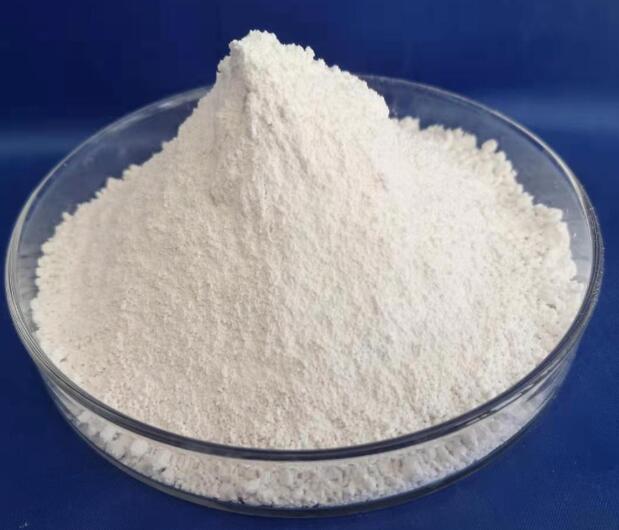Key factors to ensure accuracy of sulfate detection in preparation of magnesium hydroxide from brine

In the process of preparing magnesium hydroxide from brine, accurate detection of sulfate content is crucial to ensure product quality and optimize the process. This paper analyzes several key factors affecting the accuracy of sulfate detection and proposes corresponding control strategies.
Text: Accurate determination of sulfate is crucial to the process of preparing magnesium hydroxide from brine. It not only affects product quality, but also affects the stability and efficiency of the process.
Analysis of influencing factors:
Barium ion excess multiple: The appropriate amount of barium ions is crucial to ensure that sulfate radicals react completely with barium ions. Excess or deficiency may affect the test results. Sample pretreatment: Impurities in brine samples may interfere with sulfate determination. Appropriate pretreatment steps, such as filtration, dilution and removal of interfering ions, are key to ensuring detection accuracy. Detection method selection: Selecting an appropriate detection method, such as gravimetric method, titration method, spectrophotometry, etc., based on its sensitivity, specificity and applicable scope, is crucial to the accuracy of the results. Reagent purity and operating accuracy: High-purity reagents and precise operation have a direct impact on the test results, including the purity of EDTA, ammoniacal buffer solution and indicator, as well as the titration speed and accuracy of end-point judgment. Environmental factors: Temperature, humidity, and contaminants in the laboratory environment may affect the accuracy of detection methods, especially environmentally sensitive technologies. Instrument Calibration and Maintenance: When using instrumental analytical methods such as ion chromatography, instrument calibration and maintenance are critical to the reliability of your results. The accuracy of sulfate detection is affected by a combination of factors. To ensure the reliability of test results, factors such as chemical reagents, sample processing, test method selection, laboratory conditions, and instrument performance must be comprehensively considered, and appropriate control measures must be taken.
With the development of analytical technology and the improvement of laboratory conditions, the detection method of sulfate will become more accurate and efficient. Future research will continue to explore new detection technologies and improve the automation level and accuracy of detection to meet the strict requirements for sulfate detection in the process of preparing magnesium hydroxide from brine.








